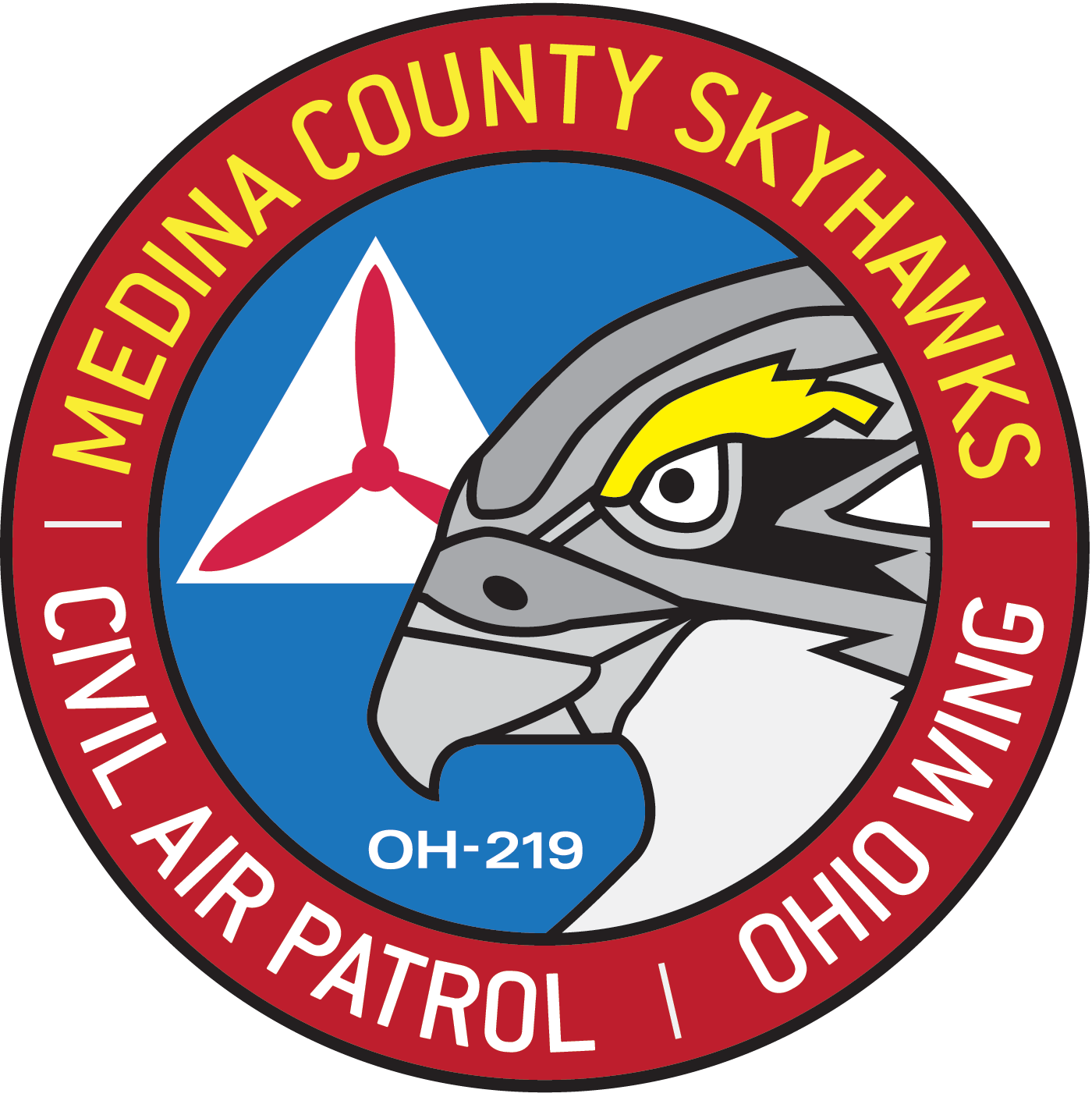Frequently Asked Questions for Parents
What unique opportunities are there for Civil Air Patrol cadets?
There are a number of unique experiences that are exclusive to CAP cadets that most other organizations will not provide, or at least not all encompassed in one program's membership.
CAP provides an Air Force-style leadership experience in which cadets wear military-style uniforms and follow a military rank structure as they advance. Additionally, cadets may experience a multitude of training and educational opportunities under the Cadet Special Activities programming. These activities include, but are not limited to:
-
Cadet Encampment: A summer-based week-long training experience to provide training in the basic fundamentals of cadet life (required training for cadets who seek advancement to cadet officer grades)
-
Cadet Orientation Flying: Educational flights in CAP aircraft (cadets are eligible to fly in powered aircraft as well as gliders); flights in military aircraft may also be available
-
National Cadet Special Activities (NCSA): Training academies which include civil engineering, cyber operations, flight training, search and rescue, space operations, and more
Are cadets eligible to receive scholarships for school or future education?
Numerous scholarships are available to cadets through CAP's CadetInvest programs. Scholarships provided may include:
-
Academic scholarships
-
Flight training scholarships
-
Financial assistance for CAP Cadet Special Activities
What type of training do cadets receive?
All cadets will receive instruction in the basic elements of the CAP Cadet Program, to include Air Force-style drill and ceremonies, leadership philosophy, and general aerospace principles.
The unit may provide additional training in various practical subject matter, to include first aid, search and rescue, and other subjects respective to military-style operations. (NOTE: While Civil Air Patrol may instruct some subject matter pertaining to military operations, this training is used to provide a practical experience for the application of leadership skills and does not constitute combat readiness training.)
My child (cadet) is interested in a military career. How will CAP help them?
The most beneficial aspect of the CAP Cadet Program for cadets interested in joining the military is the development of leadership skills and traits that will be directly applicable to managing subordinates in a military operation. Cadets will graduate high school with an advanced insight of military knowledge and leadership philosophy that other teens will not have. Cadets will be able to showcase a resume of accomplishments supported by years of dedicated service and commitment during their CAP training.
Cadets who achieve the grade of Cadet Second Lieutenant (cadet officer) are eligible to enlist at an advanced pay grade upon graduation from basic military training:
-
U.S. Army, Air Force, and Space Force: Advanced grade of E-3
-
U.S. Navy and Marine Corps: Advanced grade of E-2
Many cadets also go on to serve with an officer commission, whether through the Reserve Officer Training Corps (ROTC), military service academy, or direct commissioning program. CAP cadets who have earned the grade of Cadet Second Lieutenant are often favored over those without the accomplishment on their application.
It should be understood that CAP is not a pipeline for military service. While CAP will introduce cadets to a number of military-style customs and traditions, it does not mimic military basic training.
My cadet is not interested in a military career. Is CAP still a good fit for them?
Absolutely! In fact, most CAP cadets go on to maintain a civilian career without any military service.
The CAP Cadet Program's core focus is to produce young leaders, not to provide military training. During their CAP training, cadets will be refined in their ability to take on challenges, manage subordinates, give positive and negative feedback (mentoring), speak in public, and assist in planning large-scale activities and projects.
My cadet joined CAP when they had a military interest but no longer have that interest. Should they stay in CAP?
Many cadets often join CAP with the aspiration to join the military and later decide they no longer want to pursue that route. In these cases, cadets are encouraged to continue their CAP membership so that they may continue to advance their personal leadership skills which will greatly serve them in their civilian careers later.
It should be noted, however, that CAP provides a military-style training structure. Cadets who remain in CAP must still expect to adhere to the military culture and rank structure used to conduct cadet training.
What opportunities exist to engage in volunteer work or community service projects?
Throughout the year, the unit may participate in various volunteer projects beyond weekly training meetings. These may include laying flags at local cemeteries, performing color guard details at a military ceremony, and other public service opportunities.
Many of our community service projects come from internal (member) arrangements, in which CAP members identify a need to perform volunteer work in the community and help to arrange for others to participate. Cadets are encouraged to seek out service project opportunities, and adult leaders may assist in helping the cadets to plan and coordinate such projects.
Additionally, CAP cadet members may also receive awards for volunteerism performed outside of their role in CAP (i.e., activities that are not conducted in association with CAP). In these instances, cadets should log their hours and provide them to unit leadership to ensure that they receive eligible awards for community volunteer service.





